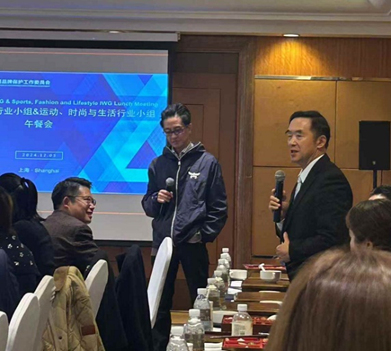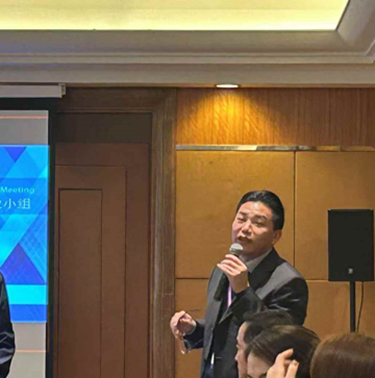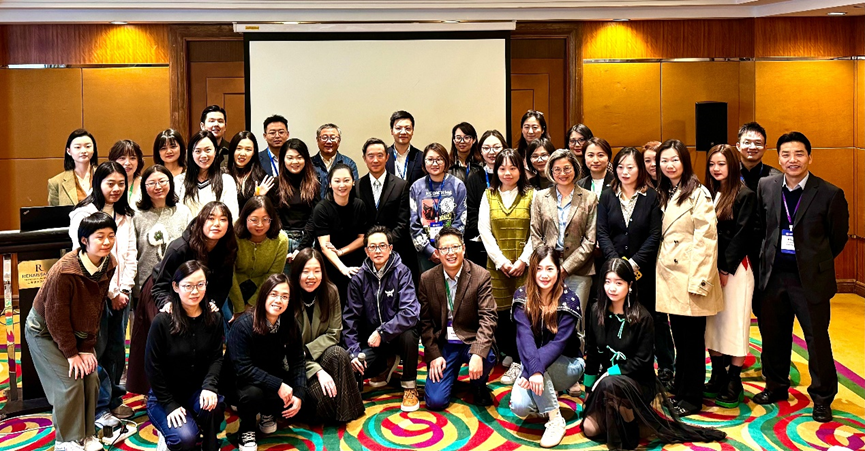QBPC Luxury Goods IWG & Sports, Fashion and Lifestyle IWG Lunch Meeting
On December 5, Quality Brand Protection Committee of the China Association of Enterprises with Foreign Investment (QBPC) Luxury Goods IWG and Sports, Fashion & Lifestyle IWG held a joint IWG Lunch Meeting in Shanghai, which was chaired by Luxury Goods IWG Coordinator Miller Wang and Sports, Fashion & Lifestyle IWG Coordinator Esther Dong. More than 50 representatives attended the meeting.

Firstly, Luxury Goods IWG Coordinator Miller Wang expressed gratitude to the participating members for their active participation. Since both IWGs faced many similar challenges in IP protection, he expressed his hope for more joint activities of the two IWGs in the future. QBPC former Chair Jack Chang attended the meeting ang delivered a speech. TAO Yang, QBPC Vice Chair responsible for leading and driving IWGs activities, briefed on IWGs activities and encouraged IWG members to actively participate in IWG activities.

Lawjay Partners, James Luo
James Luo discussed the authorization issues in a trademark rights protection case for an IWG’s member company which he represented. In the case, the Supreme People's Court's retrial ruling revoked the previous rulings of the courts of first and second instance, clarifying the legitimacy of the signature of the right holder's authorized lawyer: The court stated that, based on the facts established in the first and second instances, the Company was the trademark owner involved in the case, making it a legal entity with a direct interest in the matter and entitled to initiate a lawsuit. As a foreign party, the Company had issued a power of attorney authorizing Beijing Roger Law Firm and six other civil entities as civil agents on its behalf to protect its intellectual property and related rights. This authorization constituted a civil agency relationship and complied with the relevant provisions of the Civil Code of the People's Republic of China (Civil Code). In view of the fact that the Civil Code does not impose restrictions on the subject identity and number of civil agents, nor does it stipulate that the entrusted agency matter be limited to only existing infringements, the above-mentioned entrusted act does not violate the law. Subsequently, the above-mentioned agent transferred the authority, which again did not violate the relevant provisions of the Civil Code. The second-instance ruling lacked legal basis for the determination that "the act of delegating the litigation rights is invalid prior to the occurrence or knowledge of the infringement." The above Supreme Court's reasoning could be a significant reference for QBPC members concerning the procedural issues in future civil case litigation.
Miller Wang then introduced the common issues of the two IWGs, including infringement identification of unauthorized stores, IP protection at the customs, authenticity identification, copyright infringement of stolen pictures, and civil litigation against counterfeit goods markets, etc. Meanwhile, he explained the latest progress of the research on “Group Standard by CCIC for High-end Consumer Product Authentication”.

In the end, Miller Wang thanked the guests again and said that relevant topics deserved further in-depth discussion. He looked forward to future IP salons.
